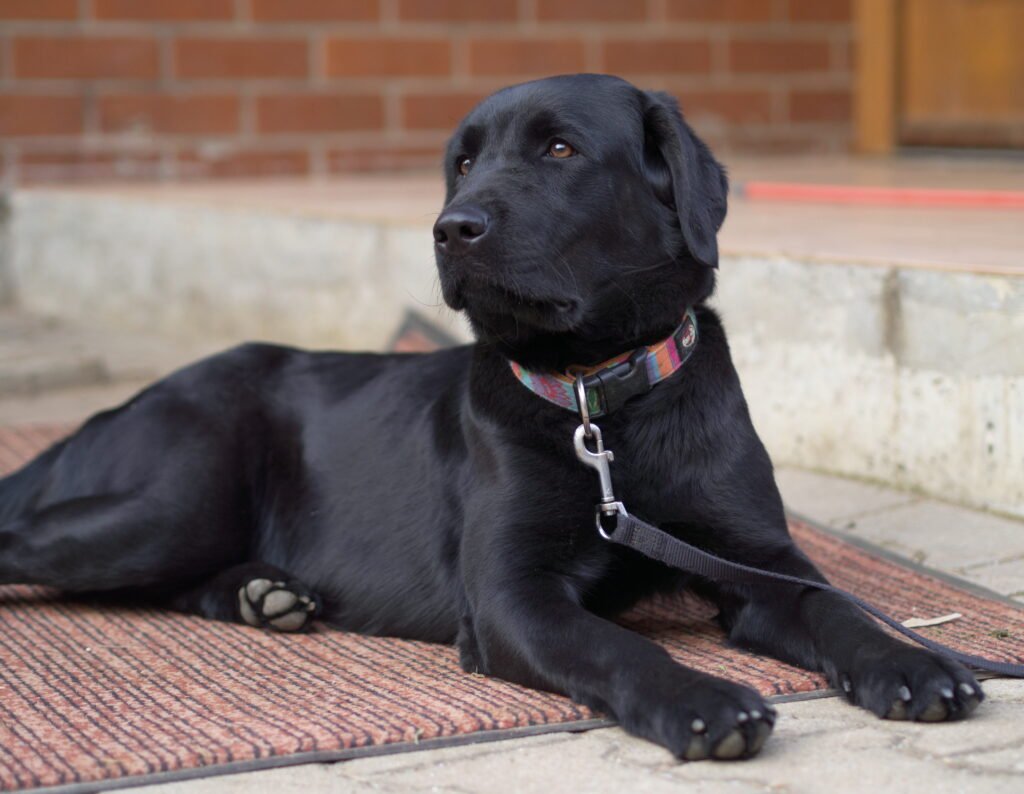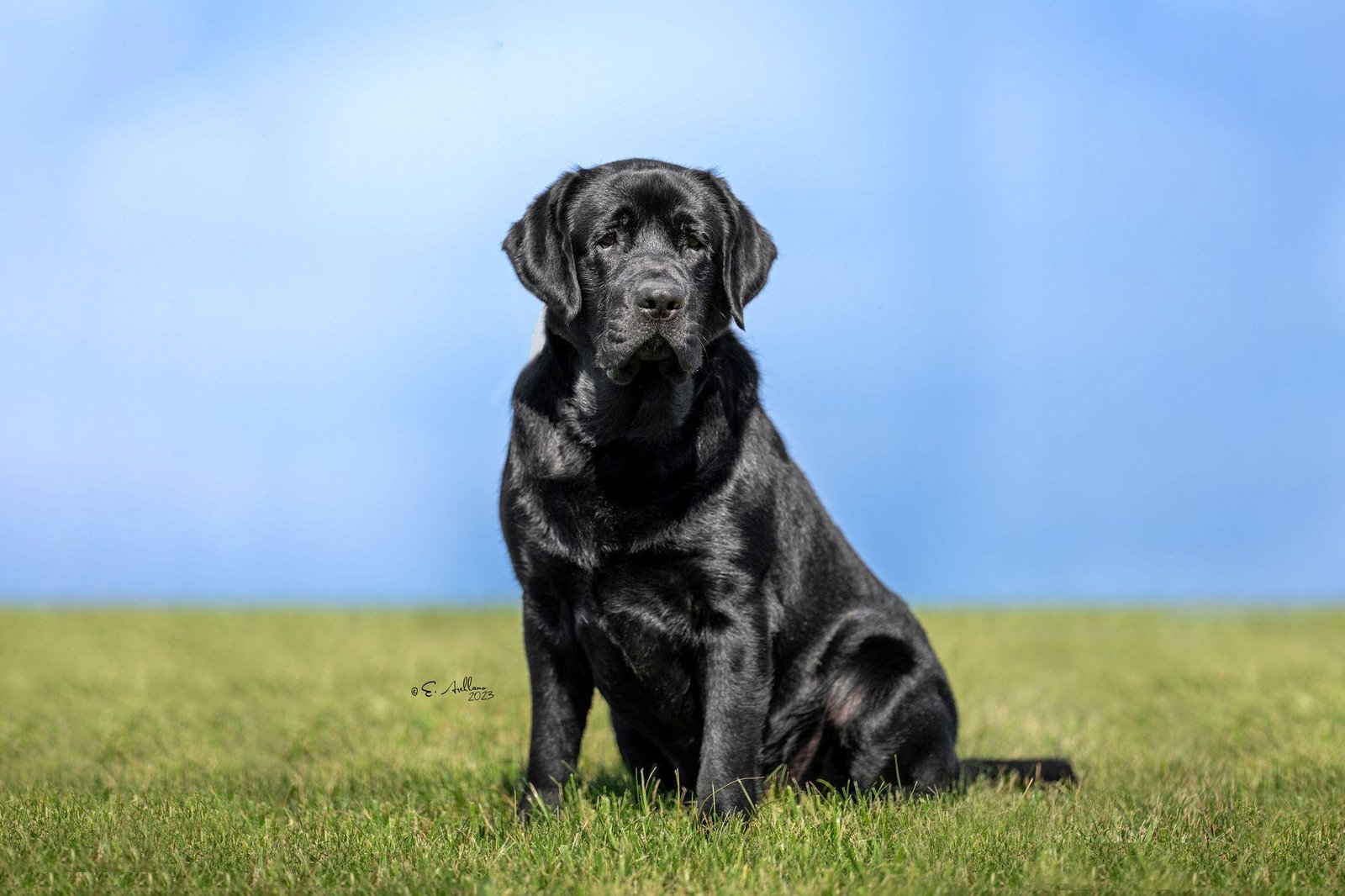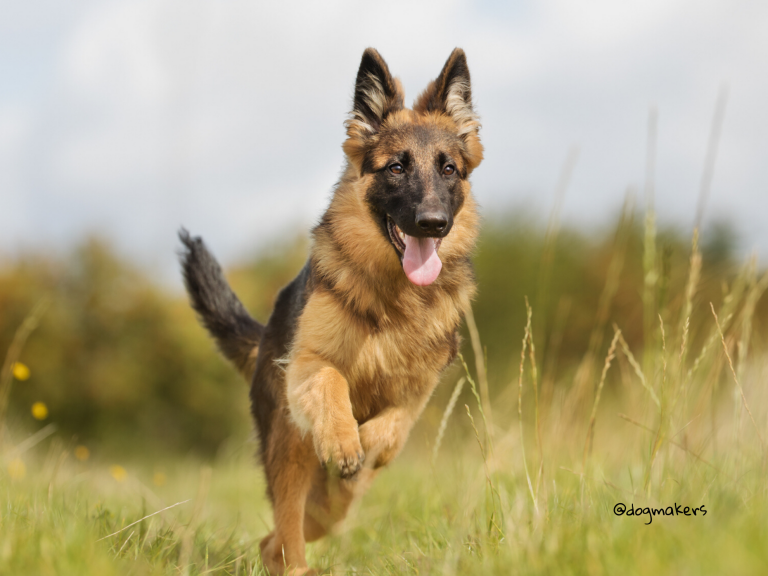When it comes to choosing a dog, many people seek breeds known for their loyalty and devotion. These devoted dog breeds are not just pets; they become cherished family members who offer companionship and love. With over 20 years of experience in rescuing and fostering various breeds, I can confidently share insights into the unique devotion that certain breeds exhibit.
In this post, we’ll explore devoted dog breeds in depth, examining their characteristics, benefits, and common concerns. Personal anecdotes and insights will enrich this guide, making it a valuable resource for anyone interested in finding a loyal canine companion.
About the Author
I’m Monica, a lifelong dog enthusiast and rescuer with over 20 years of experience fostering and rehoming various breeds. Growing up on a farm surrounded by dogs of all shapes and sizes ignited my passion for understanding dog behavior. My experiences have equipped me with unique insights into the traits and needs of devoted dog breeds, allowing me to match dogs with loving homes effectively.
Table of Contents
- Understanding Devoted Dog Breeds
- Popular Devoted Dog Breeds
- Other Devoted Dog Breeds to Consider
- Benefits of Having a Devoted Dog Breed
- Common Concerns About Devoted Dog Breeds
- Practical Tips for Managing Devotion
- Call to Action
- Conclusion
Understanding Devoted Dog Breeds
Devoted dog breeds form strong bonds with their humans, often sensing when you need them the most. I remember my Golden Retriever, Max, who always seemed to know when I was having a rough day. He would sit next to me, resting his head on my lap, providing comfort without needing to be told. Moments like these highlight the depth of their affection.
Key Features of Devoted Dog Breeds
- Loyalty: These dogs are intensely loyal and often follow their owners everywhere.
- Affectionate Nature: They thrive on human interaction and love to cuddle.
- Protective Instincts: Many devoted breeds will go to great lengths to protect their family.
Here’s a quick table summarizing some of the most devoted dog breeds:
| Breed | Average Lifespan | Size | Notable Traits |
|---|---|---|---|
| Golden Retriever | 10-12 years | Large | Friendly, intelligent, eager to please |
| Labrador Retriever | 10-12 years | Large | Friendly, outgoing, highly trainable |
| German Shepherd | 9-13 years | Large | Intelligent, protective, loyal |
| Beagle | 12-15 years | Small | Curious, friendly, great with families |
| Cavalier King Charles Spaniel | 9-14 years | Small | Affectionate, gentle, thrives on companionship |
Popular Devoted Dog Breeds
Golden Retriever

Generally, Golden Retrievers epitomize devotion. They are friendly, intelligent, and incredibly loyal. Their desire to please and their gentle nature make them exceptional family members. I recall a time when my niece was sick; Max wouldn’t leave her side, lying next to her and providing comfort just by being there.
Labrador Retriever

Labrador Retrievers are renowned for their friendly disposition and love for human interaction. I had a friend with a Lab named Buddy, who greeted everyone at the door with a wagging tail, always ready for a game of fetch. Their friendly nature makes them perfect for families, and they are incredibly trainable.
German Shepherd
German Shepherds are not only loyal but also highly intelligent. Often used in police and military work, they bond closely with their families and are protective, making them excellent guardians. I once saw a German Shepherd named Rex alert his owner to a potential intruder.
Beagle
Beagles may be small, but they have huge hearts. Known for their friendly demeanor, I remember visiting a friend who had a Beagle named Daisy. She would follow us around the house, always eager to be involved. Their curious nature means they’re always up for an adventure.
Cavalier King Charles Spaniel
Cavalier King Charles Spaniels are all about affection. Known for their gentle and loving nature, they make perfect lap dogs. I’ve met several Cavaliers, and they melt your heart with their desire for companionship.
Other Devoted Dog Breeds to Consider
While the breeds mentioned above are popular, there are many other devoted breeds worth considering:
- Collie: Known for their intelligence and loyalty, Collies are great family dogs that are protective and often form strong bonds with children.
- Poodle: Highly intelligent and trainable, Poodles come in various sizes (standard, miniature, toy) and are known for their affectionate nature.
- Boxer: Boxers are playful and energetic, making them great companions. Their loyalty to family members is unmatched.
- Great Pyrenees: Known for their gentle nature, Great Pyrenees are protective and devoted to their families, often forming strong bonds with children.
Benefits of Having a Devoted Dog Breed
Having a devoted dog breed can bring immense joy to your life. They are not just pets; they are companions who can help reduce stress and anxiety. Research from the Human-Animal Bond Research Institute indicates that petting a dog can lower blood pressure and increase feelings of happiness.
Emotional Support
One of the most significant benefits of having a devoted dog breed is the emotional support they offer. Dogs have an uncanny ability to sense our feelings. When I lost a family member, my dog, Max, seemed to know something was wrong. He stayed close by, offering comfort without needing to be told.
Physical Activity
Having a dog encourages you to be more active. Many devoted breeds require regular exercise, which means more walks, runs, or playtime in the yard. My daily walks with Max have made a big difference in my health.
Social Connections
Dogs can help you connect with others. Whether at the dog park or on a walk, having a dog often leads to conversations with other dog owners. I’ve met some great friends just by chatting with fellow pet parents while our dogs play together.
Stress Relief
Spending time with dogs can significantly reduce stress. Just petting a dog can release oxytocin, the “feel-good” hormone. There’s something soothing about having a devoted dog by your side.
Unconditional Love
The unconditional love that a devoted dog offers is unmatched. They don’t care about your bad hair days or grumpy moods; they’re just happy to see you. That’s one of the best parts of having a dog—they love you for who you are.
Common Concerns About Devoted Dog Breeds
Are They Hard to Train?
Some people worry that devoted breeds, especially those with high energy levels, might be difficult to train. However, many of these breeds respond well to positive reinforcement. Consistency is key.
Do They Require a Lot of Exercise?
Yes, many devoted breeds need regular exercise to stay healthy and happy. Daily walks and playtime can do wonders.
What If I Have Allergies?
If you or someone in your home has allergies, consider hypoallergenic breeds. While no dog is completely allergy-free, some breeds are less likely to trigger allergies. Websites like the American Kennel Club (AKC) provide information on hypoallergenic breeds.
How Do I Choose the Right Breed for My Lifestyle?
Choosing the right breed for your lifestyle is crucial. Consider factors like your activity level, living situation, and family dynamics. Researching breeds and meeting them in person is equally important.
What If I Travel Frequently?
If you travel a lot, having a devoted dog might require adjustments. Some people opt for pet sitters or doggy daycare when they’re away. The ASPCA offers resources for finding pet care options.
Practical Tips for Managing Devotion
1. Separation Anxiety
Devoted breeds can be prone to separation anxiety. Gradual desensitization, crate training, and providing engaging toys can help ease their anxiety. Keep them busy using interactive toys or puzzles when you’re away.
2. Training for Bonding
Training is obviously a great way to strengthen the bond with your devoted breed. Positive reinforcement and obedience training can enhance your connection. Consider enrolling in local classes or using online resources like Karen Pryor Academy for training techniques.
3. Matching Breed Loyalty to Lifestyle
Understanding how a breed’s loyalty fits into your lifestyle is crucial. Assess your lifestyle and choose a breed that aligns with your needs. For example, if you have a busy schedule, a breed that is more independent might be a better fit.
4. Regular Exercise and Mental Stimulation
From time to time, ensure your dog gets regular exercise and mental stimulation. Activities like agility training, fetch, or even puzzle toys can keep them engaged. Websites like Chewy offer a variety of toys and training supplies.
5. Socialization
At first, socialize your dog from a young age to help them feel comfortable in various situations. This can include meeting new people, visiting dog parks, and interacting with other pets. The American Kennel Club provides guidelines on socialization techniques.
Call to Action
Thinking about adding a devoted dog breed to your family? It’s a big decision, but the love and companionship they offer are worth it. Consider visiting a local shelter or breed-specific rescue to find your new best friend!
Conclusion
Devoted dog breeds bring so much to our lives. They offer loyalty, love, and companionship like no other. If you’re looking for a furry friend who will stand by you through thick and thin, consider one of these devoted breeds. You won’t regret it!



















